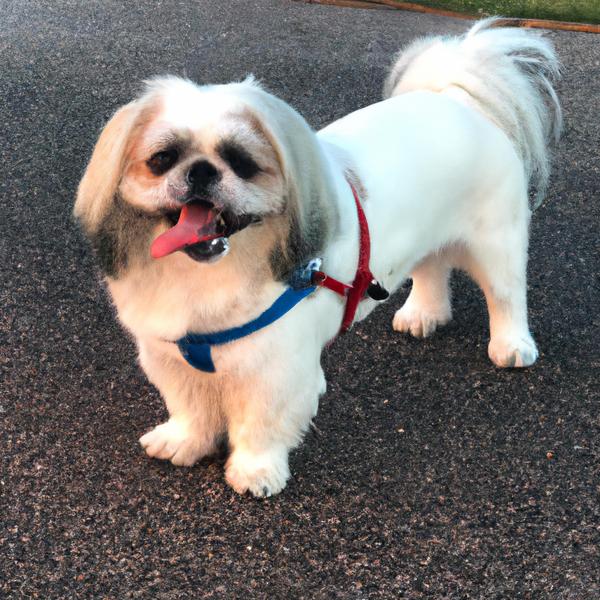Silkytie vs. Rottsky: Breed Differences and Similarities
Hypoallergenic
Are Silkyties or Rottskys hypoallergenic, or neither?
Unfortunately, neither Silkytie nor Rottsky are hypoallergenic, which may not make them the best choice for dog lovers who suffer from pet allergies.
Temperament
What are the personalities of Silkytie and Rottsky dogs?
Playful
Alert
Intelligent
Friendly
Responsive
Affectionate
Quick
Lively
Gentle
Joyful
Inquisitive
Independent
Protective
Alert
Courageous
Intelligent
Friendly
Outgoing
Loyal
Gentle
Fearless
Good-natured
Shedding Level
Do Silkyties shed more than Rottskys, or which breed sheds more, Silkyties or Rottskys?
Silkyties are low shedding dogs, requiring minimal coat care.
Rottskys are heavy shedders, but regular brushing can help manage shedding and promote a healthy coat.
Ancestry
What are the origins of Silkytie and Rottsky breeds?
Shetland Sheepdog and Silky Terrier
Rottweiler and Siberian Husky
Date of Birth
When were Silkytie and Rottsky breeds first developed?
Unknown
Eye Color Possibilites
What are the eye colors of Silkytie and Rottsky dogs?
Brown
Blue
Brown
Nose Color Possibilites
What are the natural nose colors of Silkytie and Rottsky?
Black
Black
Brown
Isabella
Coat Color Possibilites
What are the natural colors of the coat for Silkytie and Rottsky breeds?
Black
Gray
Silver
Cream
White
Brown
Red
Fawn
Black
Gray
Brown
Red
Cream
White
Sable
Coat Length
What is the typical coat length for Silkytie and Rottsky breeds?
Silkyties are known for their coat length.
Rottskys have medium-length coats.
Coat Density
What is the density of the coat of Silkytie and Rottsky?
Coat Texture
What is the hair texture of Silkytie and Rottsky?
Straight
Litter Size
What is the usual litter size for Silkytie and Rottsky?
A Silkytie can have a litter of 4-6 puppies on average. However, it's worth noting that the size of the litters can vary greatly. Factors that can influence litter size include the health of the mother, breeding history, and genetics.
A Rottsky can have a litter of 8-12 puppies on average. However, it's worth noting that the size of the litters can vary greatly. Factors that can influence litter size include the health of the mother, breeding history, and genetics.
Adaptability
The adaptability of Silkytie and Rottsky dogs is a well-known trait. They are known for being able to adjust well to different living environments and lifestyle changes.
Health Issues
Between Silkytie and Rottsky, which breed is more prone to health problems?
Silkytie and Rottsky breeds are generally considered to be healthy. However, like all breeds, they are susceptible to certain health issues and it is important to keep an eye out for them and address them with your veterinarian as needed.
Major Concerns
What are the major health concerns for Silkytie and Rottsky breeds?
Hip Dysplasia
Legg-Calve Perthes Disease
Osteosarcoma
Hip And Elbow Dysplasia
Subaortic Stenosis
Gastric Dilation Volvulus (GDV) or Bloat
Minor Concerns
What minor health issues should be kept in mind when owning Silkytie and Rottsky?
Cataracts
Allergies
Diabetes
Hypothyroidism
Progressive Retinal Atrophy (PRA)
Collie Eye Anomaly (CEA)
Entropion
Demodectic Mange
Cataracts
Glaucoma
Histiocytosis
Corneal Dystrophy
Pancreatitis
Zinc Responsive Dermatosis
Neuroaxonal Dystrophy
Progressive Retinal Atrophy (PRA)
Occasional Tests
What occasional tests are recommended for Silkytie and Rottsky breeds?
Eye Examination
Radiographs
Blood Sugar and Thyroid Tests
Skin Evaluation
Eye Examinations
Bone Biopsy
Electrocardiograph (ECG - measures rate and rhythm)
Hip and Elbow X-rays
Social Needs
Silkytie vs Rottsky social needs comparison
Silkytie and Rottsky have above average social needs compared to other breeds. They thrive in environments where they have a lot of interaction with humans and other dogs.
Sleeping Need
Which of the two sleeps the most/least: Silkytie or Rottsky?
Silkyties have moderate energy levels and typical sleep patterns of 12-14 hours per day.
Rottskys sleep less than other breeds but still need adequate sleep for good health.
Mouthiness
Mouthiness Comparison: Silkytie vs Rottsky?
Roaming urge
Silkytie vs Labrador: Running away tendency?
Prey Drive
Silkytie or Rottsky - which breed has a higher level of prey drive?
Activity Level
Which breed has higher energy, Silkyties or Rottskys?
Silkyties are medium-energy dogs and typically enjoy socializing and playing casual or even sustained games of chase with other dogs. They may also have occasional periods of barking or racing around the house.
Rottskys are high-energy dogs. They need mental as well as physical exercise. These dogs require a lot of your involvement and without it they can, and will, become problematic dogs.
Tolerance of being left alone
Walks per Week
How many miles should Silkytie or Rottsky walk each week?
There's really no limit to how far you walk your dog as long as they're comfortable. For Silkytie, it's at least 8 miles / week. Just remember to build distance and stamina gradually over time.
There's really no limit to how far you walk your dog as long as they're comfortable. For Rottsky, it's at least 14 miles / week. Just remember to build distance and stamina gradually over time.
Activity per Day
Do Silkyties or Rottskys require more exercise?
In general most Silkyties usually need at least 30 minutes of exercise daily. This can be spread across the day and include all sorts of high-energy activities, like walking, running and playing.
In general most Rottskys usually need at least 90 minutes of exercise daily. This can be spread across the day and include all sorts of high-energy activities, like walking, running and playing.
Grooming
Which breed is easier to maintain in terms of grooming, Silkyties or Rottskys?
Silkyties have high grooming needs, requiring regular trims and professional grooming assistance to keep their coat healthy.
The Rottsky has low grooming needs and is easy to maintain.
Brushing Frequency
What is the recommended brushing frequency for Silkytie and Rottsky dogs?
Silkytie should be brushed at least once a week. Of course you can give them more frequent brushes if you find that they are still shedding a lot
Ideally, Rottsky should be brushed at least 2 or 3 times a week (preferably daily) improve shedding.
Brushing Tools
What brushing tools are used for Silkyties and Rottskys?
Pin Brush
Slicker Brush
Nail Clipper
Pin Brush
Comb
Deshedder
Nail Clipper
Cups
How much food should be given to Silkytie or Rottsky in cups?
For an average 10-20 pound (5 - 9 kg) Silkytie feed 1 cups daily. But, keep in mind, the amount you feed is going to be dependent on the quality of the food you are feeding.
For an average 75-95 pound (34 - 43 kg) Rottsky feed 3 cups daily. But, keep in mind, the amount you feed is going to be dependent on the quality of the food you are feeding.
Daily Cost
Which breed has a higher daily cost, Silkytie or Rottsky?
The average cost of a Silkytie is somewhere $1.40 - $1.70 per day.
The average cost of a Rottsky is somewhere $2.10 - $2.70 per day.
Monthly Cost
Which breed has a higher monthly cost, Silkytie or Rottsky?
The average per month expenses of a Silkytie is between $35 - $42. This makes an average of $420 - $504 per year. It will be on the higher side when the dog is still small because it will need more frequent visits to the vet, shots.
The average per month expenses of a Rottsky is between $55 - $73. This makes an average of $660 - $876 per year. It will be on the higher side when the dog is still small because it will need more frequent visits to the vet, shots.
Sensitivity Level
How do Silkytie and Rottsky compare in sensitivity?
This breed is sensitive to its environment and best suited for patient and understanding families with a consistent routine.
This breed is sensitive and requires gentle handling and a calm home environment.
Apartment Friendly
Which breed is more apartment-friendly: Silkytie or Rottsky?
The Silkytie is a great apartment dog, thriving with sufficient exercise and time outside as part of their daily routine.
Rottskys are good apartment dogs as long as they get enough exercise and stimulation outside of the apartment.
Child Friendly
Do Silkyties or Rottskys have a friendlier temperament towards children?
Silkyties are good with kids if socialized and trained from a young age.
Rottskys have an average level of friendliness towards children.
Senior-friendly
Which dog is more suitable as a pet for the elderly - Silkytie or Rottsky?
Cat Friendly
Do Silkytie or Rottsky breeds have a better compatibility with cats?
Silkyties are good with cats, but early training is needed to prevent chasing behavior.
Rottskys are somewhat cat friendly and can be trained to get along with cats.
Dog Friendly
Which breed is more sociable with other dogs: Silkytie or Rottsky?
{Silkyties and Rottskys are average friendly towards other dogs. If they are raised with other dogs, they are likely to get along with them. And, if they are socialized properly from a young age, they will usually be great with other dogs.
Pet friendly
How do Silkytie or Rottsky dogs interact with other pets?
Stranger Friendly
Which breed is more friendly with strangers: Silkytie or Rottsky?
Silkyties are averagely friendly around strangers but benefit from early socialisation.
Rottskys are quick to announce strangers and can be standoffish or suspicious.
Playfulness
Which breed is more playful between Silkytie and Rottsky?
Silkytie and Rottsky are playful dogs. So, no matter how busy the day may get, the best thing you can do for Silkytie and Rottsky is to make time each day to play. It can be as little as 15-20 minutes, and it will mean the world to them.
Trainability
How do the trainability levels of Silkyties and Rottskys compare?
Silkyties are popular for their ease of training and quick learning ability.
Rottskys are usually easy to train but require consistency to fully obey commands.
Compare Silkytie with other breeds
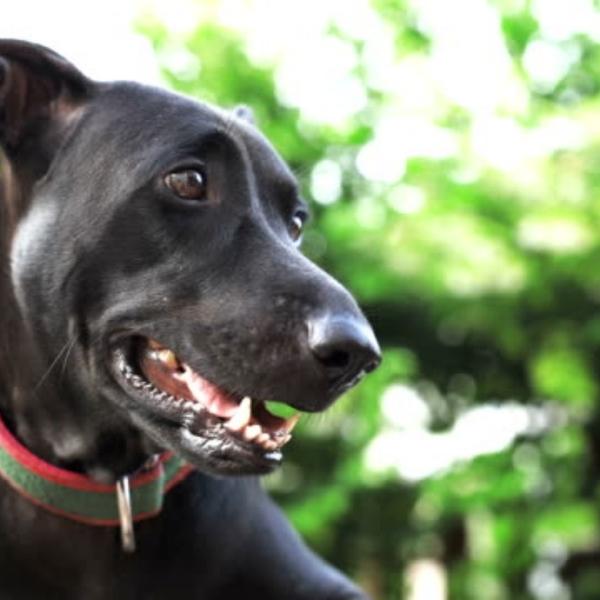
Sheprador
Silkytie vs Sheprador
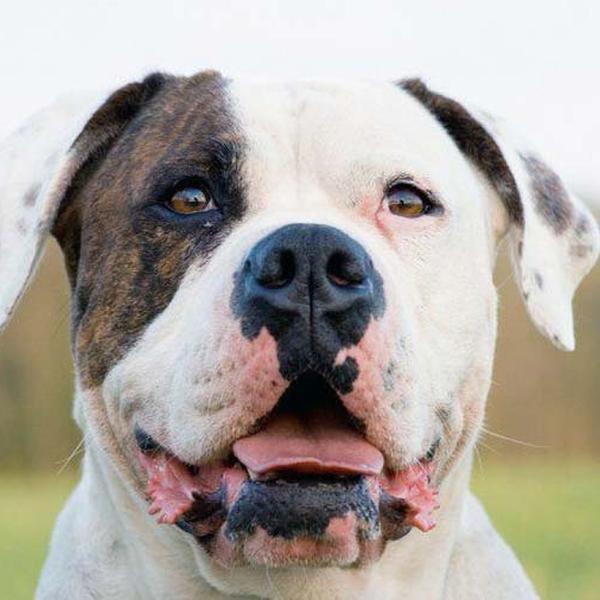
American Bulldog
Silkytie vs American Bulldog
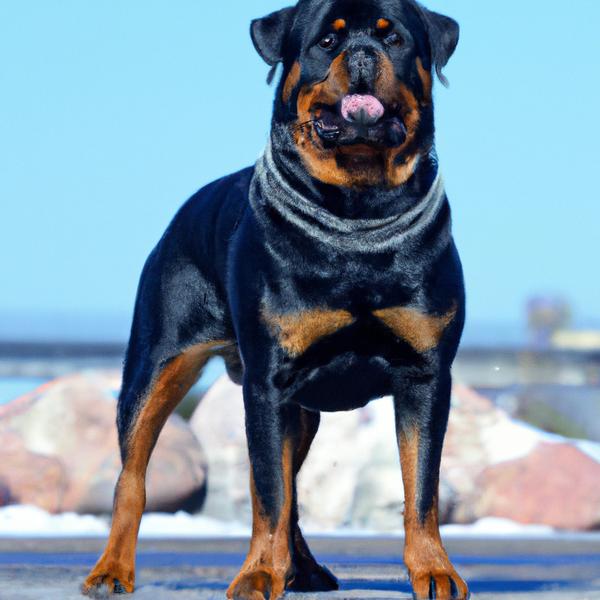
Rottsky
Silkytie vs Rottsky
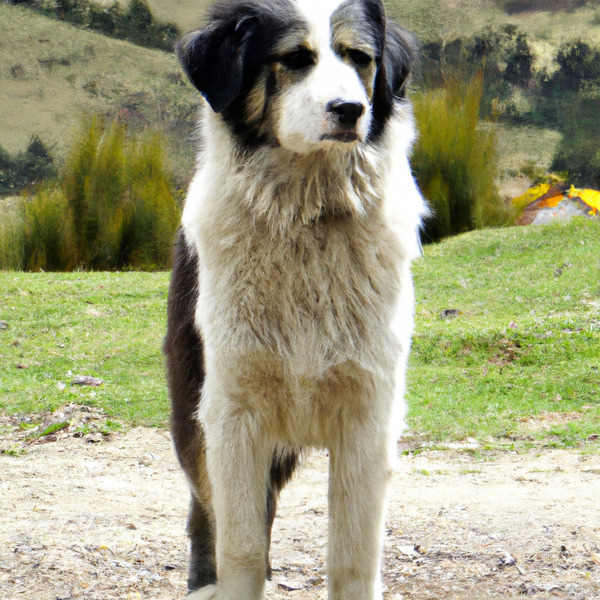
Mucuchies
Silkytie vs Mucuchies
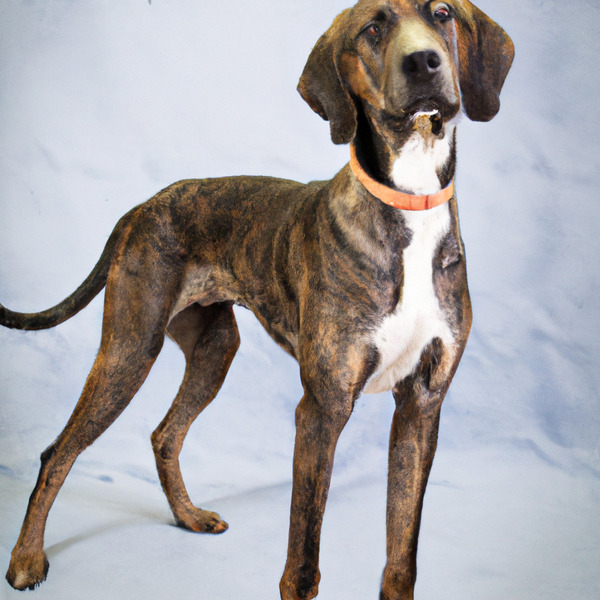
Plott Hound
Silkytie vs Plott Hound
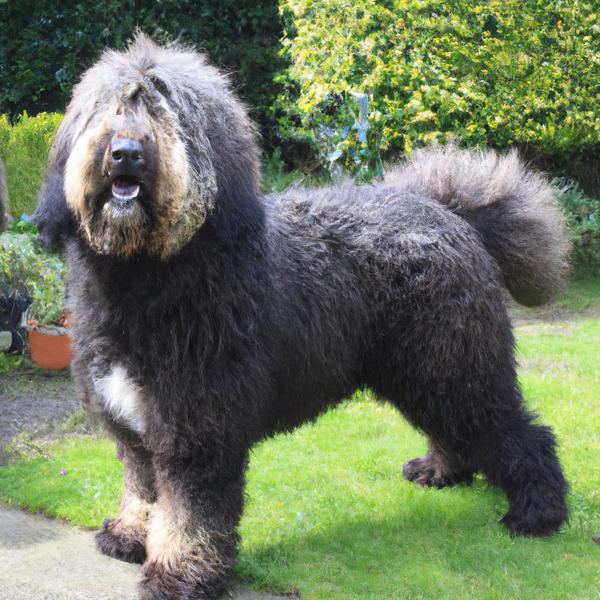
Cairnoodle
Silkytie vs Cairnoodle
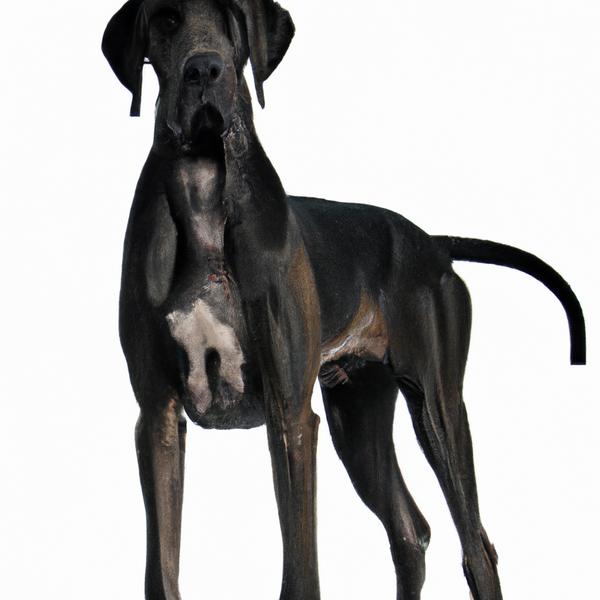
Cortese
Silkytie vs Cortese
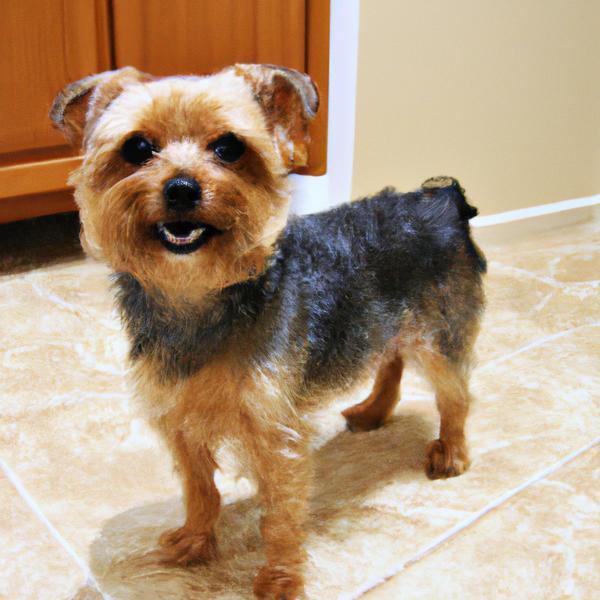
Yorkie-ton
Silkytie vs Yorkie-ton
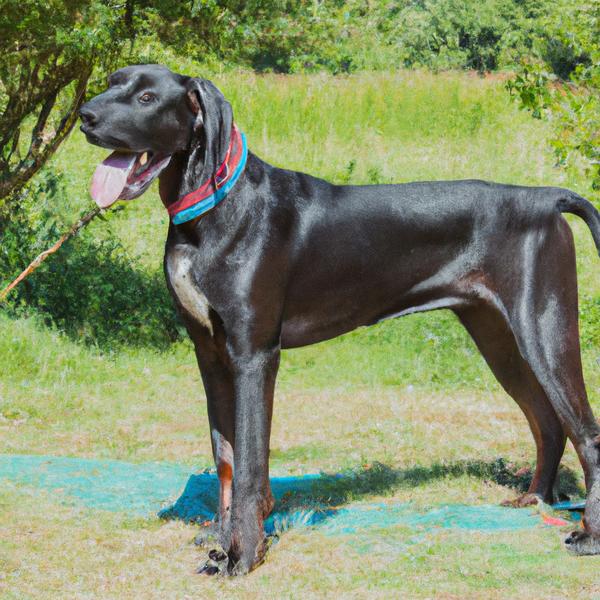
Bloodahouli
Silkytie vs Bloodahouli
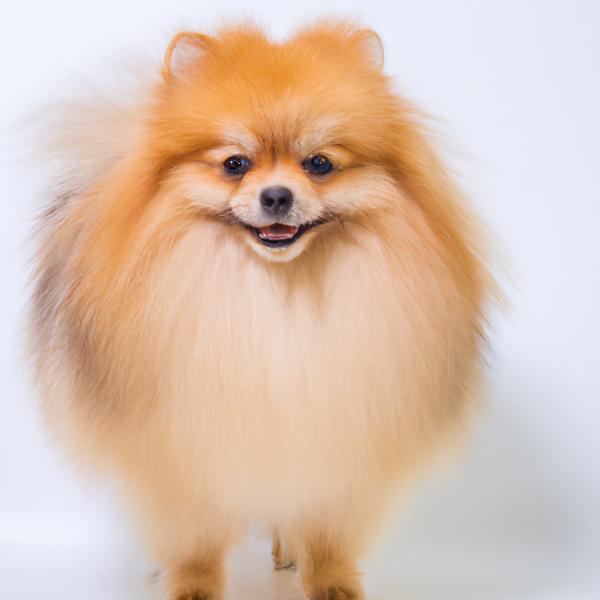
Pom-Kee
Silkytie vs Pom-Kee
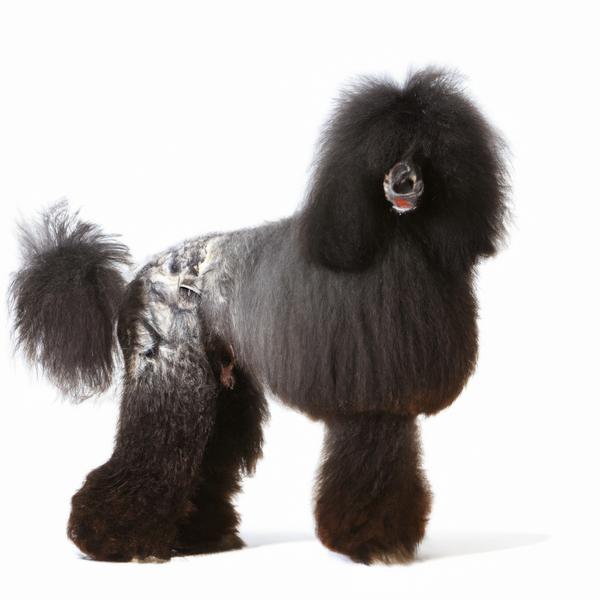
Puli
Silkytie vs Puli
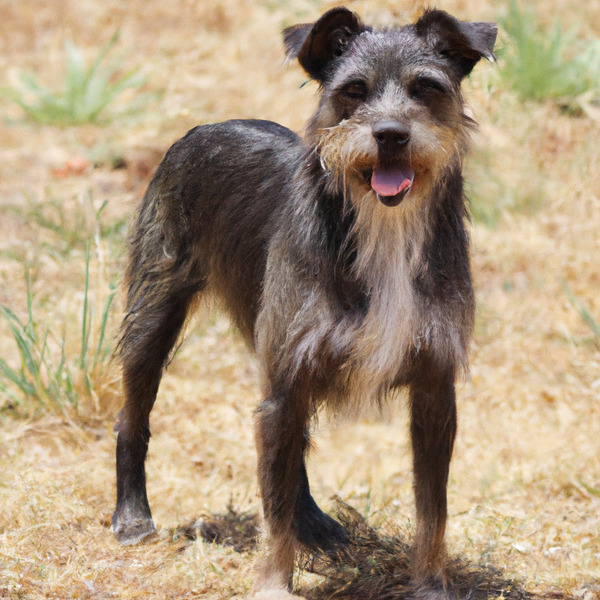
Tenterfield Terrier
Silkytie vs Tenterfield Terrier
